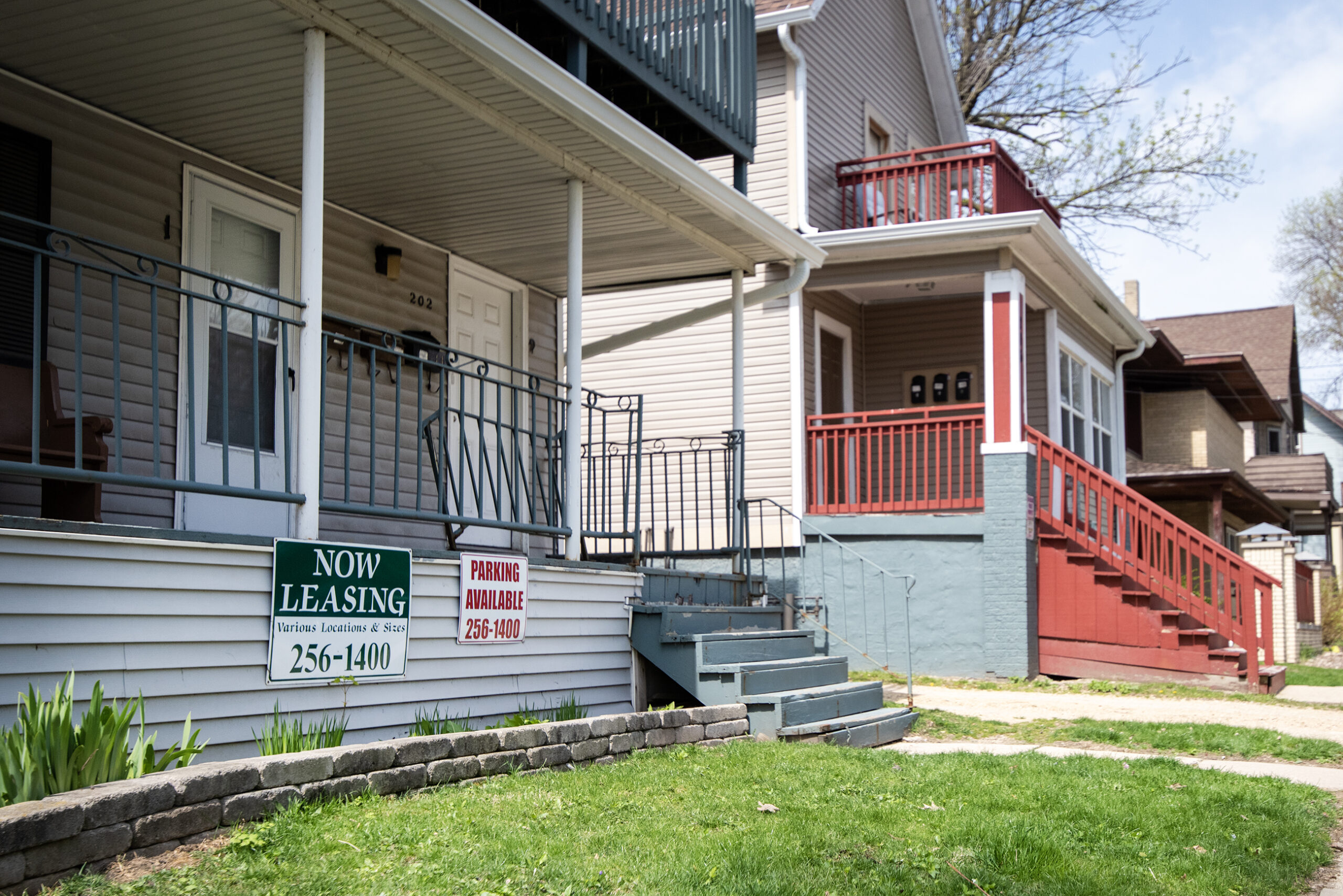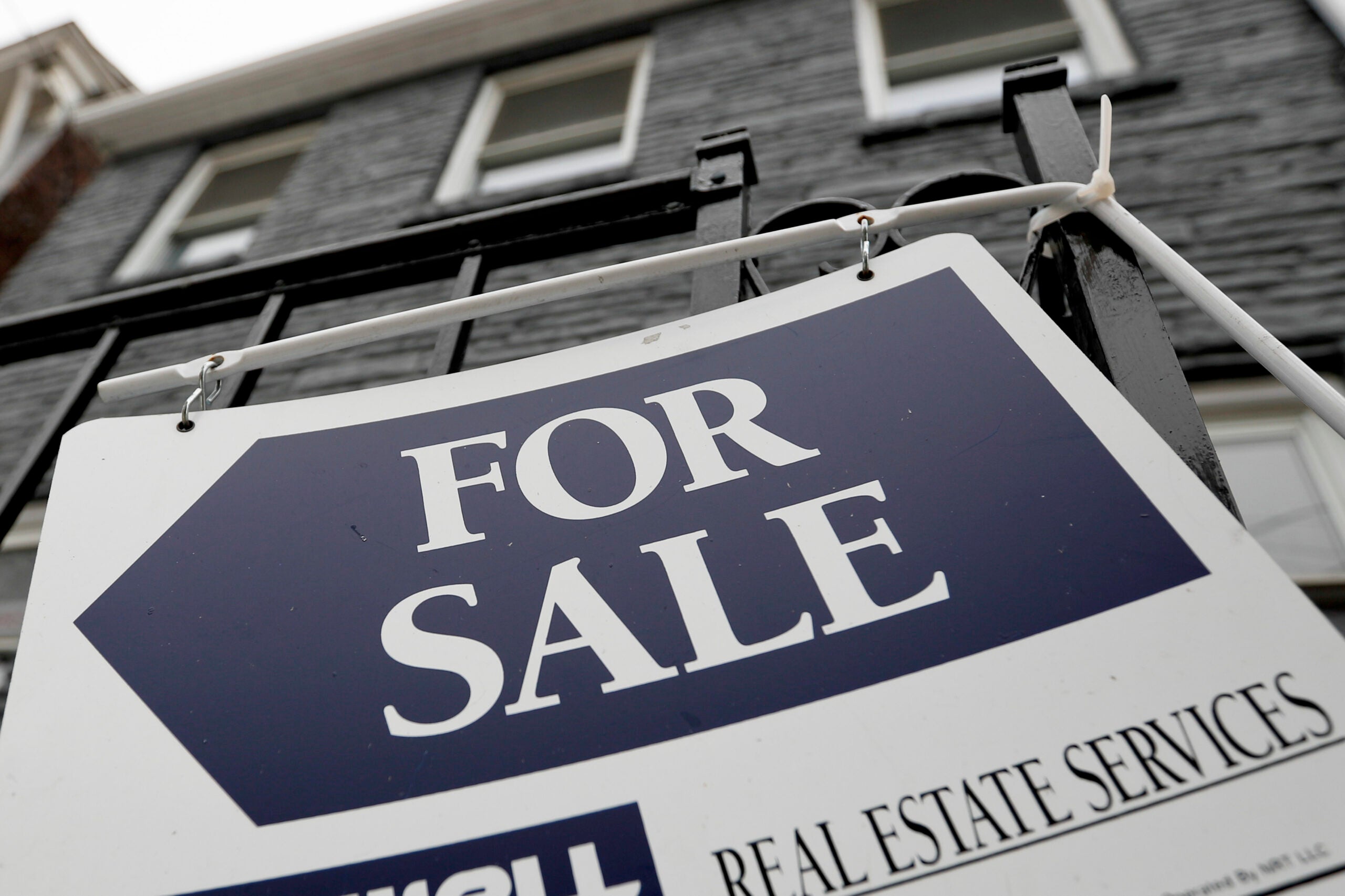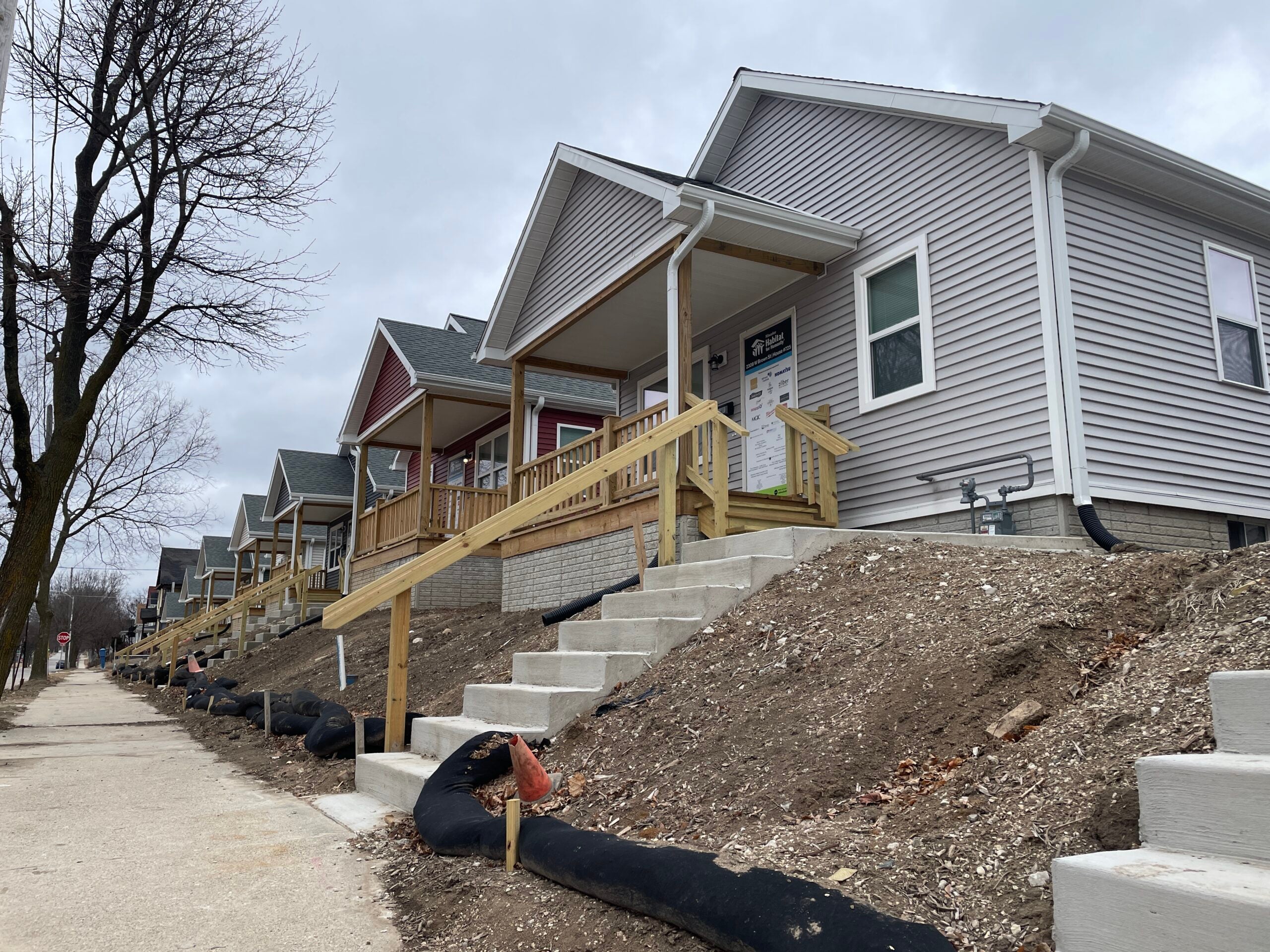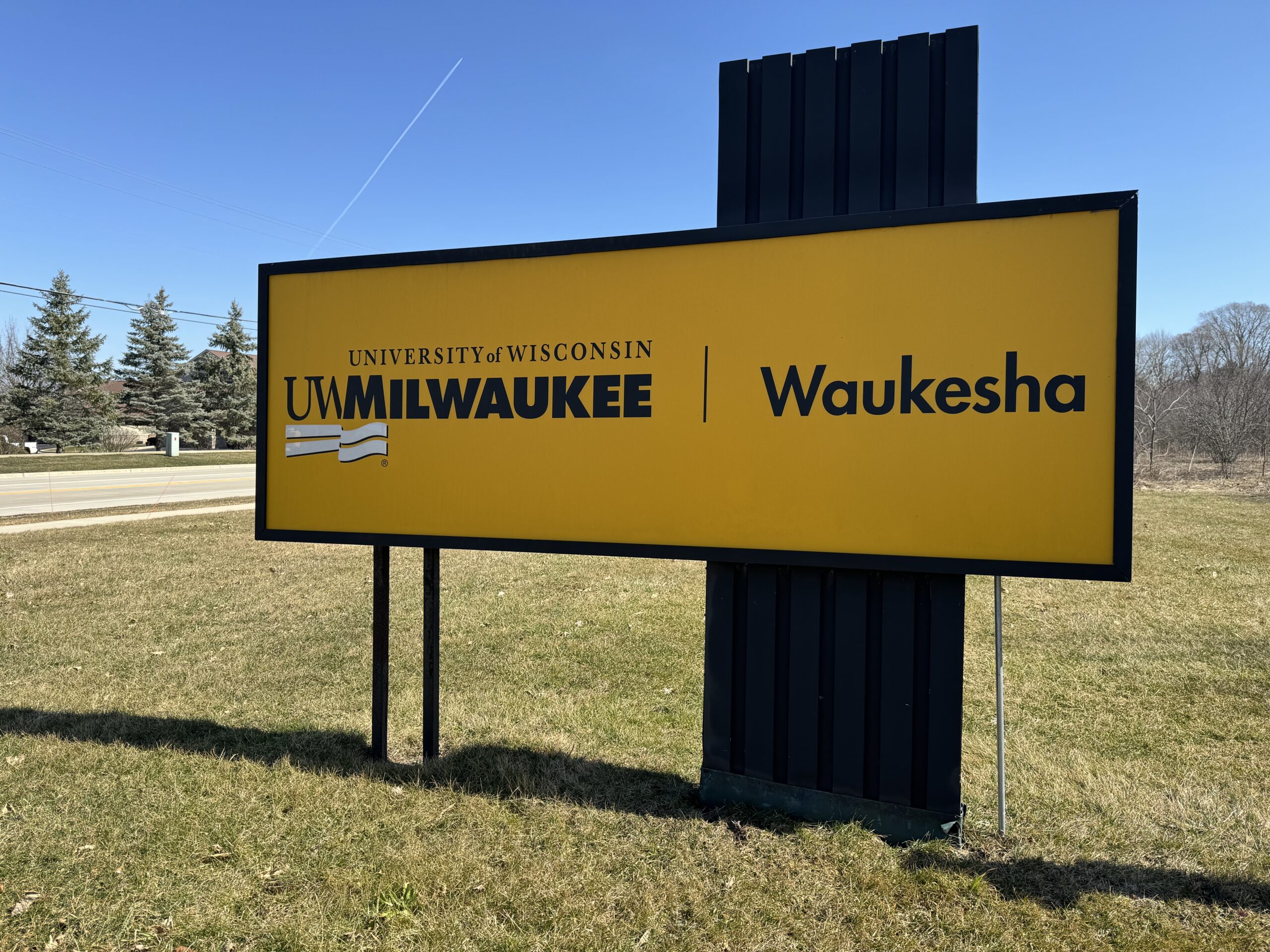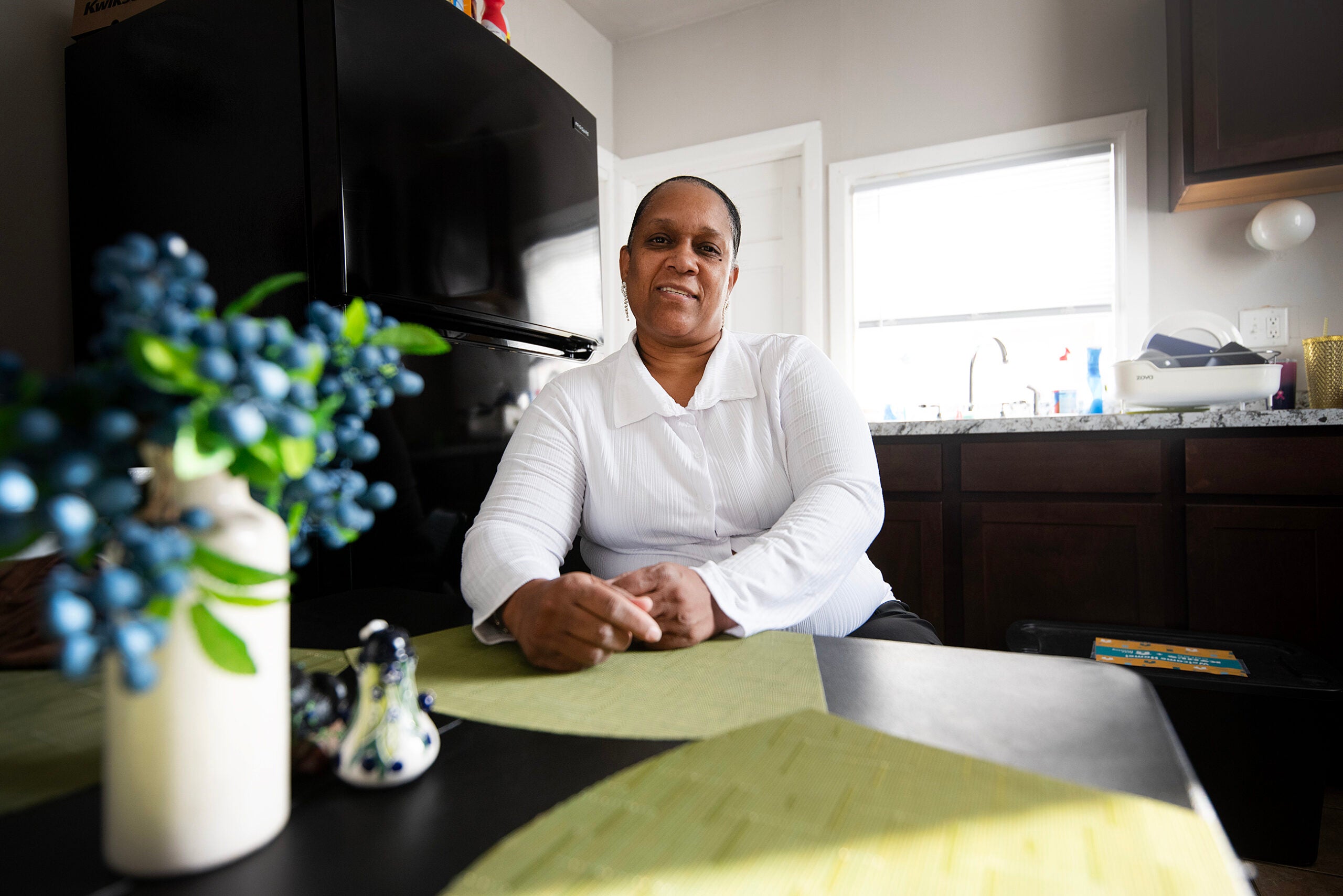U.S. Sen. Tammy Baldwin is making a second attempt to pass federal legislation that would tax real estate investors who buy up substantial numbers of single family homes — the plan aimed at increasing the availability of affordable housing.
The Affordable Housing and Homeownership Protection Act would impose a transfer tax on investors who purchase and hold more than 15 single-family homes nationwide. The revenue would provide up to $50 billion over ten years to help build and preserve approximately 3 million affordable housing units nationwide, according to the senator.
“In some communities, the path to homeownership is really almost eliminated because of the number of homes that have been snatched up by big wealthy investors, mostly out of state,” Baldwin said.
Stay informed on the latest news
Sign up for WPR’s email newsletter.
According to Redfin, a residential real estate brokerage corporation, the number of single family homes being purchased by investors fell nationwide last year as home prices increased. But investors still were buying about 16 percent of all homes purchased nationwide in the third quarter of 2023, more than double the share bought up by investors in 2000.
In Wisconsin, the share of purchased homes bought by investors in the third quarter of 2023 was 13 percent.
The most recent legislation introduced by Baldwin is similar to the Stop Predatory Investing Act Baldwin co-sponsored in 2023.
Christine Donahoe, a civil rights attorney in Wisconsin, spoke with WPR’s “The Morning Show” about that legislation. She criticized out-of-state real estate investors buying local housing stock.
“They see single-family homes as an asset class. They don’t see single-family homes as a necessity for families, and cities, and part of the community. They are going to gouge their tenants for as much as possible,” Donahoe said.
Donahoe said investors are driving out tenants because rent is too high, and home buyers because investors are buying real estate in bulk with cash.
According to research from Marquette Law School’s Lubar Center for Public Policy Research and Civic Education, from 2005 to 2020, the owner-occupied percentage in Milwaukee fell from 80 percent to 69 percent. Parts of the north and west sides saw declines double that.
Out of state real estate investors buy single family homes
Baldwin is particularly concerned about out-of-state real estate investors buying up local housing stock and pricing aspiring homeowners and renters out of the market.
“That deprives communities of having the opportunity to have a lot of folks owning their own homes and caring about the neighborhoods that they live in because they’re not transient. They have roots there,” Baldwin said.
Research published in 2021 found since 2005, the number of residential properties owned by out-of-state landlords has quadrupled, from 1,300 to 6,000. Most of the properties are single-family homes or duplexes.
VineBrook Homes Trust, based in Ohio, is one of the largest owners of single-family rental homes in Wisconsin. The company bought approximately 1,000 homes in Wisconsin and about 25,000 nationwide, according to the Milwaukee Journal Sentinel.
Oxford Economics conducted a third-party economic study of VineBrook Home’s impact on Milwaukee. According to the report, VineBrook Homes’ residents pay $113 below the prevailing rent in the area on average per month.
Baldwin’s tax is targeting investors like VineBrook Homes. The funds from these taxes would be split between the Housing Trust Fund and Capital Magnet Fund and could build or rehabilitate over 300,000 housing units for extremely low-income Americans and help finance 2.7 million units of housing for low-income households, according to Baldwin’s office.
Nonprofits, states and localities would be excluded from the tax, as well as brand-new construction. The tax targets existing single family homes. Rates would be set at 1 percent of purchase price for investors who own 16 to 25 single-family homes; 3 percent of purchase price for investors who own 26 to 100 single-family homes; and 5 percent of purchase price for investors who own more than 100 single-family homes.
Real estate investors say a tax is not the answer
Some research suggests the solution to the housing shortage and high home prices is to build more housing, a role that can be filled by investors.
In a written statement to WPR, The Wisconsin Builders Association said the proposed legislation was not the right approach. Instead, they support removing regulations which they say will lower costs and speed up new construction.
“Regulatory hoops are extensive; our members have reported that on average, it takes 14 months to begin construction on a housing development due to the regulatory hoops they must jump through,” the statement said.
Jason Lund, co-founder of the Wisconsin Real Estate Investor Association, said the tax would disincentivize investors. Lund said the tax targets real estate investors who neglect their properties, but he acts in good faith.
“Municipalities and the cities and the state are focusing on us as a whole. And the ones that are doing this correctly and not being a burden to our communities are the ones that are taking the brunt of the feedback,” Lund said.
Wisconsin Public Radio, © Copyright 2025, Board of Regents of the University of Wisconsin System and Wisconsin Educational Communications Board.

